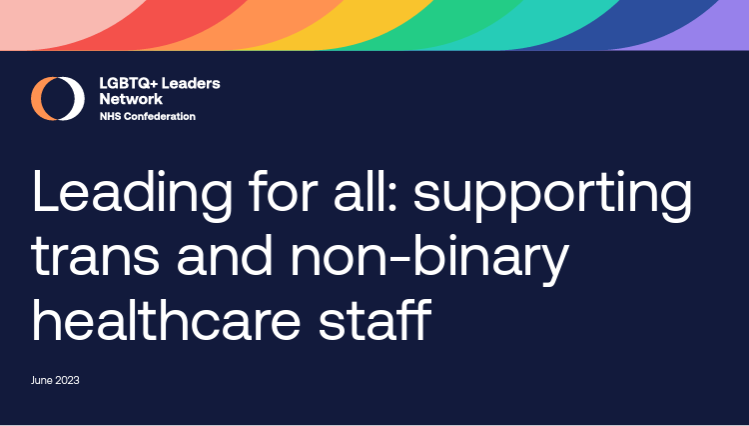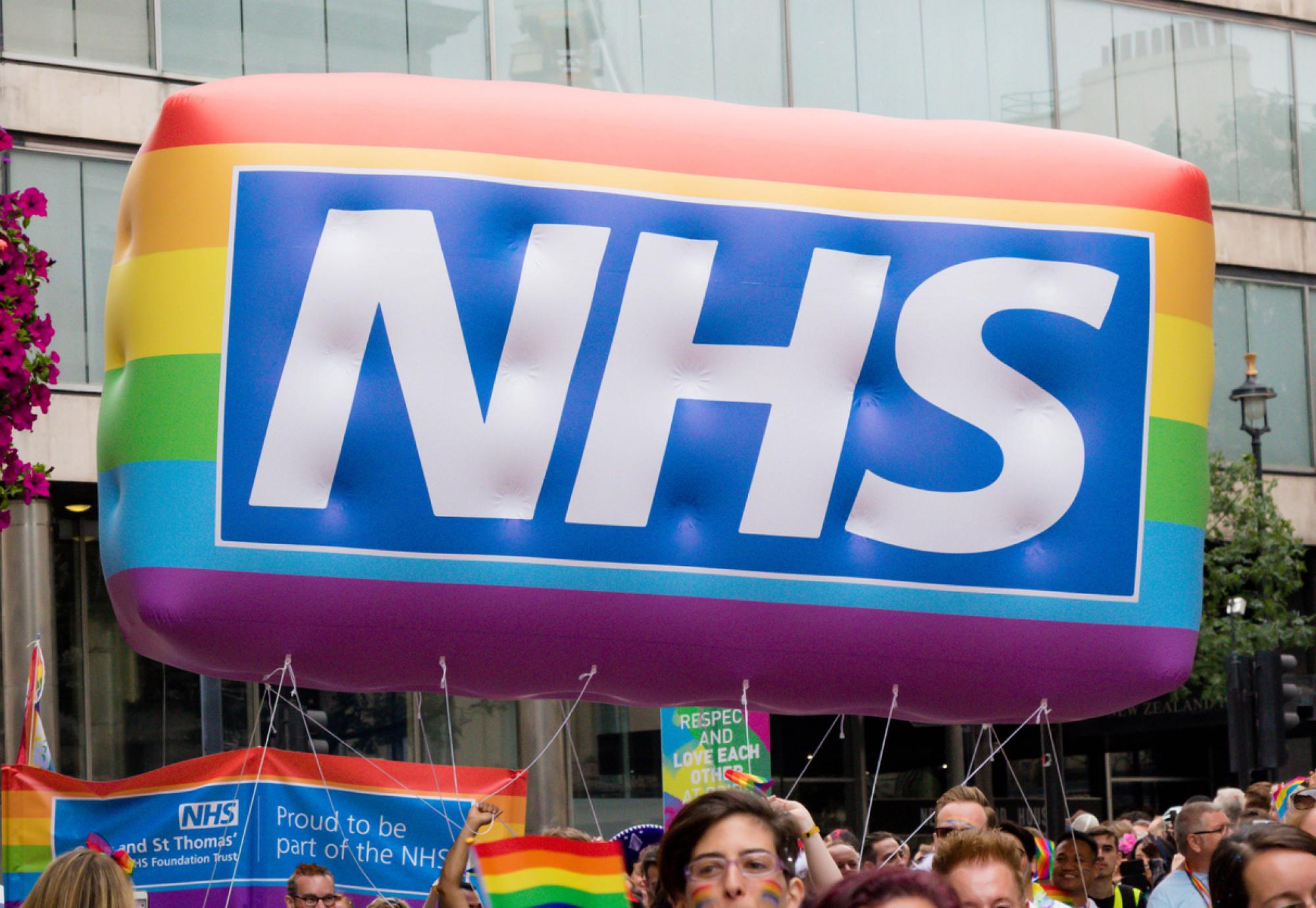The NHS Confederation has launched a new report to help health leaders better support their trans and non-binary colleagues.
Developed in conjunction with the LGBT Foundation, the report aims to educate chief executives, HR directors, equality, diversity and inclusion leads, LGBTQIA+ staff groups, and others about the needs of trans and non-binary staff.
Part of the guide includes a survey of some of the people working in the NHS who identify as trans or non-binary, which shows that more than half (55%) have been subjected to transphobia in the workplace while just less than half (47%) reported experiencing negative or stereotypical assumptions about their identity.
In the foreword, NHS Confederation’s chief executive, Matthew Taylor, writes: “Two successive NHS staff surveys have shown that trans and non-binary people face a disproportionate amount of bullying and harassment from both staff and service users, with trans people being the most likely to face physical violence from not only the people they care for, but their colleagues too.”

The report collates a series of recommendations for both individual staff members and organisations. Some of the these include:
- For individuals:
- Promoting and enforcing a zero-tolerance attitude towards transphobia in the workplace by challenging behaviour from colleagues and ensuring that when somebody is subjected to transphobia they are listened to and respected;
- Using gender neutral and inclusive language as a standard;
- Allowing trans and non-binary staff to set their own boundaries – if possible – when patients are hostile about their gender identity.
- For organisations:
- Investing in trans and non-binary awareness training;
- Making gender neutral facilities available where possible;
- Providing staff with training about how to react to hostility from service-users.
NHS Confederation’s director of policy, Dr Layla McCay, who is also executive lead of the organisation’s Health and Care LGBTQ+ Leaders Network which spearheaded the design of the report described the guide as a “positive step”.
“This report sets out the lived experience of trans and non-binary healthcare staff; what they need in terms of allyship; and how to provide this support in accordance with equality and employment law.”
To access the full guide, click here.



















